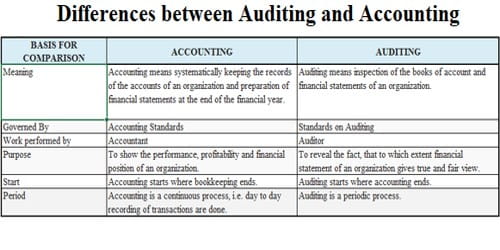A real estate transaction is the process of acquiring, selling, or transferring ownership of real property, which includes land and any structures built on it. It is the process by which rights to a unit of property (or designated real estate) are transferred between two or more parties, such as in the case of conveyance, where one party is the seller(s) and the other is the buyer(s).
Real estate transactions have several legal, financial, and logistical steps. It is frequently complicated due to the complexities of the property rights being transferred, the amount of money being traded, and government requirements. Conventions and regulations vary significantly between countries and smaller legal bodies (jurisdictions).
In more abstract terms, a real estate transaction, like any other financial transaction, incurs transaction costs. To identify and perhaps minimize these transaction costs, the Organization for Economic Cooperation and Development (OECD) conducted a study commissioned by the European Commission, as well as a research action.
Here’s a general overview of the key stages in a real estate transaction:
- Property Search and Offer: Buyers usually start by looking for properties that suit their criteria. When they identify a suitable property, they submit an offer to buy it. The offer often comprises the intended purchase price, financing terms, and other restrictions.
- Purchase Agreement: Once the buyer and seller have agreed on the conditions, they will sign a purchase agreement, which is a legally binding contract stating the specifics of the transaction. The agreement specifies the purchase price, closing date, contingencies, and other important details.
- Due Diligence: The buyer performs due diligence to determine the property’s condition, legal status, and any concerns. Inspections, title searches, and document reviews may all be part of this.
- Financing: If the buyer is obtaining a mortgage, they work with a lender to secure financing. The lender assesses the buyer’s creditworthiness and appraises the property to determine its value.
- Title and Escrow: A title company performs a title search to ensure that the property’s title is clear of any liens or encumbrances. An escrow company is often involved in holding funds and documents until all conditions of the sale are met.
- Closing: During the closing, the buyer and seller sign the necessary documents to transfer ownership. The buyer pays the remaining funds, including the down payment and closing costs. The title is officially transferred, and the transaction is recorded with the appropriate government office.
















